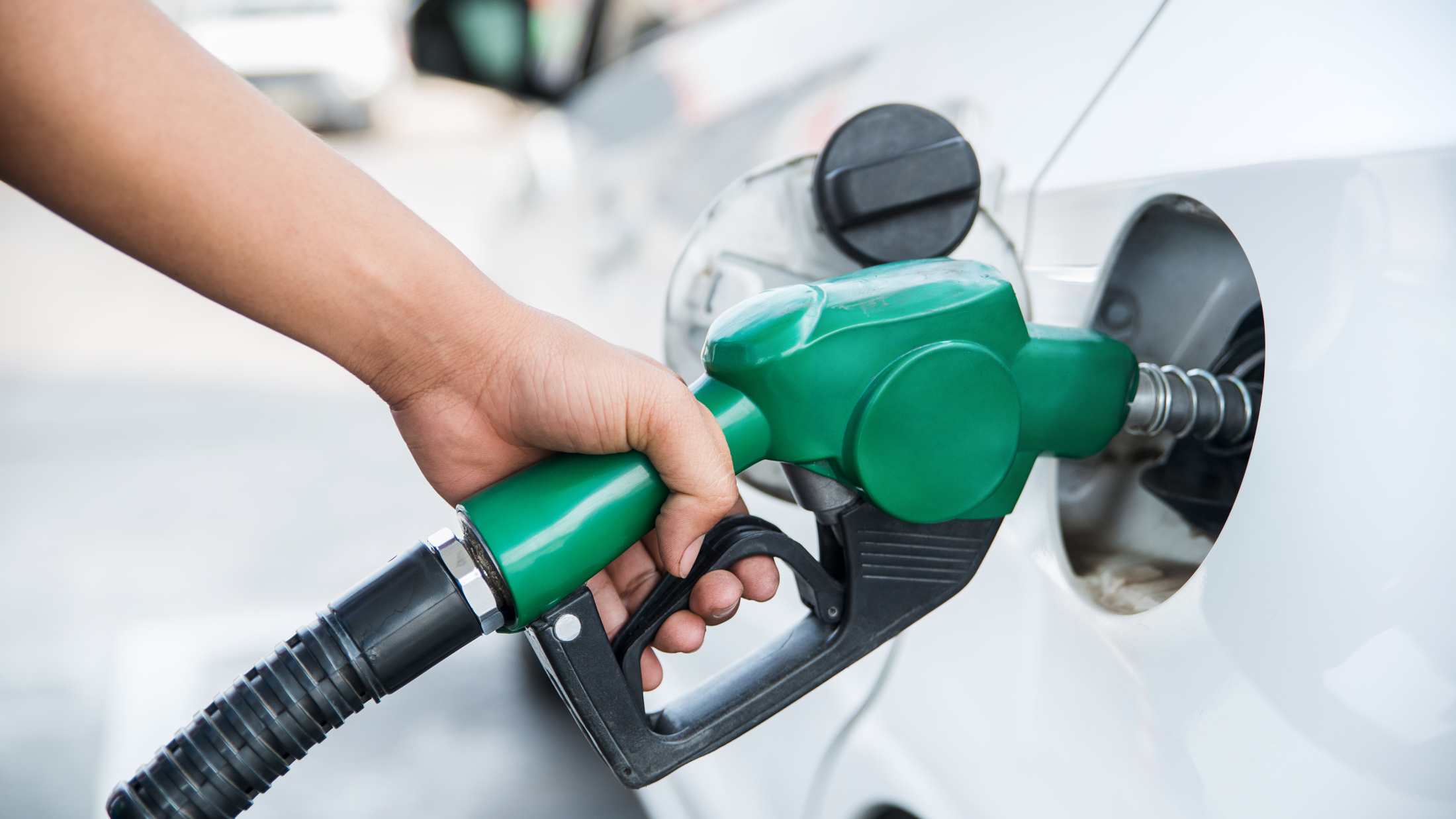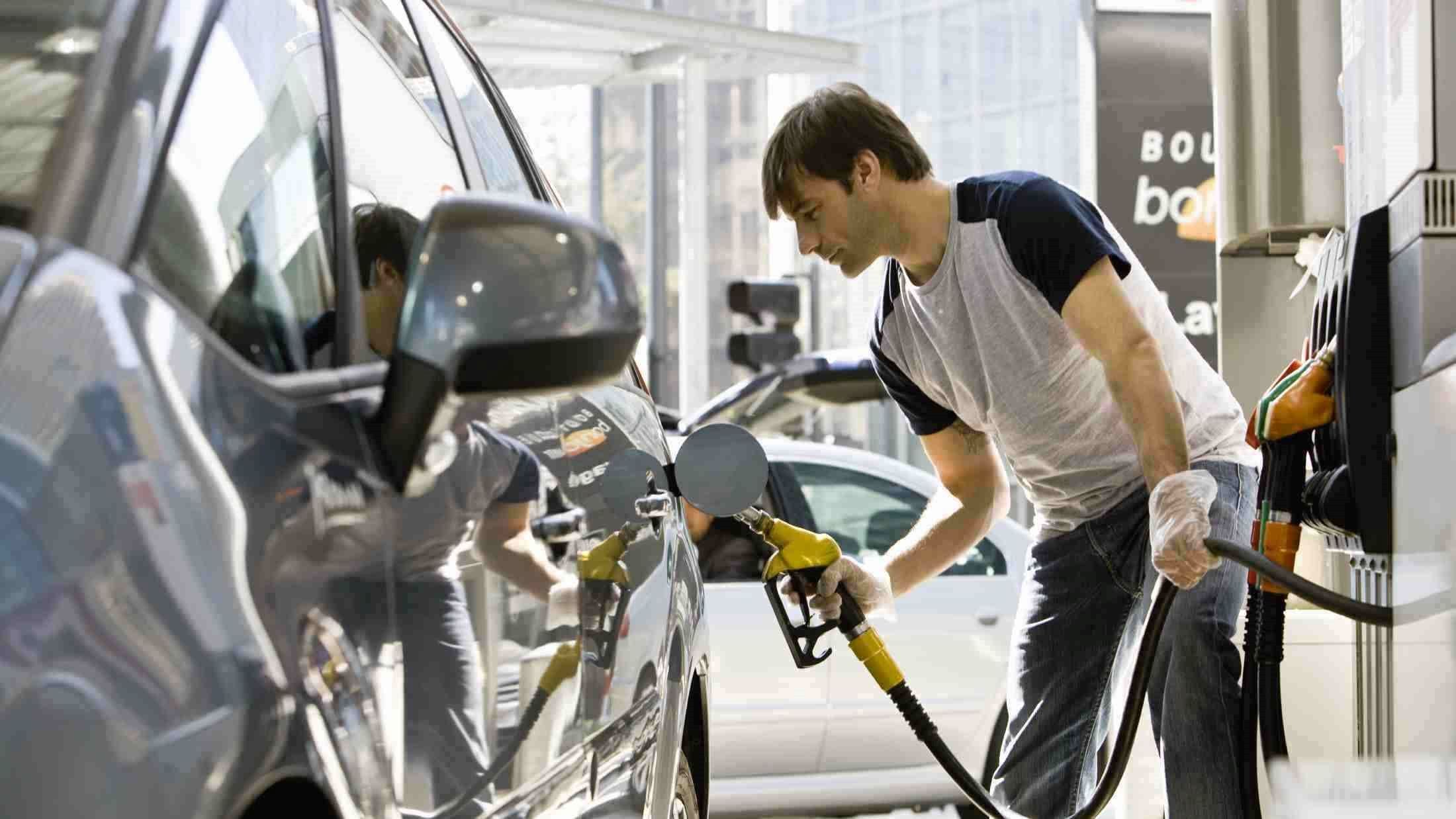By 2030, in a bid to combat climate change, the UK government plans to stop selling new petrol and diesel cars. And by 2035 the sales of new hybrid cars and low-emission fuel vehicles will stop too. Although, a little way off , this is a change that all of us should prepare for.
Electric cars are leading the change. They’re popular, but they’re not the only option. They’re a great choice, but are expensive and rely on charging points. We still need time to adapt, so we’ll still have petrol/diesel powered cars for some time yet. So, with the sales of new petrol and diesel cars banned, what’s available? Thankfully, there are several fuel alternatives to try. This guide looks at three options:
What is LPG?
LPG stands for Liquefied Petroleum Gas. It’s made from propane and butane gas. These gases are natural by-products of oil extraction and refining. At one time, using LPG wasn’t thought about but now we know its true potential.
While ‘liquid gas’ might sound confusing, it just means it’s clear and will turn to liquid when exposed to pressure or cooling. This is what allows it to be stored in tanks.
LPG is used in cooking, heating, factories, and cars. Plus, it can be used as an alternative car fuel.
While expensive to install and service, petrol cars can be easily fitted out to support an LPG system. This system often sits in the boot of a car, allowing the car to act as a ‘dual fuel’ vehicle.
Should I convert my car to LPG?
As with everything, there are pros and cons. So, are LPG conversions worth it?
Well, to start, LPG cars have a lower carbon footprint than petrol or diesel cars. It produces little to zero black carbon – the second leading cause of climate change. Plus, the fuel cost is eye-catching. LPG could see your regular petrol/diesel bill cut in half!
Yet, this doesn’t mean LPG cars are more fuel-efficient. You’ll still be using as much fuel as before – it’ll just be cheaper. But the savings you make now might not benefit you down the line. Cars with LPG conversions prove difficult to sell, as many people aren’t convinced of LPG’s advantages.
This, along with the lack of government incentives, make LPG cars unpopular. Many fuel stations don’t have LPG fuel stored, making it harder to rely on.
Pros of using LPG
- Better for the environment
- Cheaper fuel costs
- Safer if leaks occur
Cons of using LPG
- Expensive to install (as much as £2,000)
- More difficult to find at fuel stations
- Trouble selling your car
What is biodiesel fuel?
Biodiesel, sometimes called “green diesel,” is a renewable fuel made from recycled materials like cooking oil, animal fats, and soybean oil.
While it’s made from easy to find materials, this doesn’t mean you can whip up a batch from your kitchen. Biodiesel has strict requirements to ensure maximum performance. Biofuel needs to be mixed with alcohol like methanol, to work well.
Biodiesel is a fantastic sustainable alternative to other fossil fuels. The use of it in diesel cars is becoming more popular.
Yet, cars that can run on 100% biofuel are rare. Most manufacturers haven’t widely released specialised cars, so drivers must rely on a blended biofuel instead.
Using biodiesel in cars
While fully biodiesel cars aren’t widely available to buy in the UK, E10 fuel is available in Europe and since 2021 became available in the UK. E10 petrol contains up to 10% renewable ethanol.
Biofuel is a great answer for environmentally conscious drivers. As a bonus, it helps engines run smoothly because it lubricates parts better.
But biodiesel can freeze in cold weather, especially pure biodiesel, which can be a problem in the UK. It also costs more than normal diesel and gives fewer miles per tank.
Pros of using biodiesel
- Environmentally friendly
- More sustainable
- Good for engine lifespan
Cons of using biodiesel
- Currently not possible to switch to 100% biodiesel fuel in the UK
- Can freeze in cold temperatures
- More expensive
What's renewable diesel?
Due to its name and purpose, renewable diesel is often confused with the above biodiesel. But, while the two are similar, they’re different in their production, efficiency, and cleanliness.
Because of this, renewable diesel is sometimes referred to as ‘advanced biofuel’. Although the two are made from similar materials, biofuel doesn’t remove all its waste. While, renewable diesel is made through a process called hydrogenation, which removes all impurities, improving its efficiency and quality. It burns cleaner and has 85% less sulphur than normal diesel.
While renewable diesel is new to market, it’s rapidly increasing in popularity thanks to its proficiency and quality. And most diesel engines can run on it without any changes.

Renewable diesel in cars
As most diesel engines are compatible with renewable diesel, there’s no need for costly car modifications or blended fuels.
Plus, thanks to hydrogenation during production, there’s no worry of it freezing in cold temperatures. The lack of oxygen means renewable diesel is more suitable for cold climates like the UK.
But it’s not all positive for renewable diesel. It’s new and hard to find in the UK. Also, if you can find a supplier, what you’ll save from not having to modify your car will be lost on fuel price. Renewable diesel is the most expensive, even topping petrol and regular diesel.
Plus, its true environmental impact is debated. There’s no doubt renewable diesel’s emissions are much lower than fossil fuels, but its production is in question. Mass producing the materials needed for renewable diesel can lead to deforestation and involve carbon-intensive farming. So, it’s solving one problem while creating another.
Pros of using renewable diesel
- Cleaner and more efficient than biofuel or fossil fuels
- Can convert overnight with no modification costs
- Won’t freeze in cold temperatures
Cons of using renewable diesel
- Still very new, so limited suppliers in the UK
- Most expensive on this list
- Controversy around the true environmental impact
To get ready for the 2030 ban on petrol and diesel cars, it helps to know your options. Whether you choose electric cars or alternative fuels, there are ways to prepare.
Each type of fuel covered here has pros and cons. Which one is best will depend on your situation. LPG is cheaper but needs a big upfront cost and can be hard to find. Renewable diesel is easy to use but costs more. Biodiesel is kind to the environment but is limited now.
Still, whatever fuel you pick, your car needs to be protected. Learn more about AXA’s car insurance policies.










